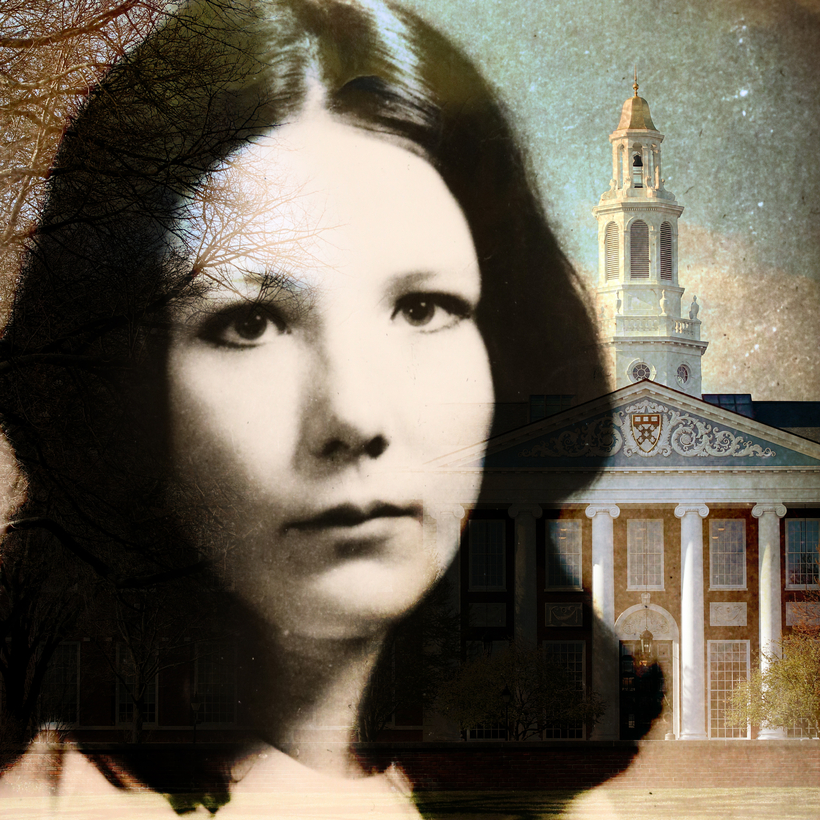Becky Cooper was a Harvard undergraduate in 2009 when a fellow student took her aside and told her a story. A student had been murdered in her apartment and then taken back to campus. She’d had an affair with a professor. The school covered it up. And the murder remained unsolved. Cooper was one of many students hearing a version of the story, which took on the characteristics of a myth, obscuring the facts in the process: Jane Britton, a 23-year-old graduate student, was found murdered in her Cambridge apartment in early 1969, and a prominent archaeology professor was questioned by police. Her killer remained elusive.
How could Harvard allow such an open secret to fester? What could she find out about Jane, whose surviving friends and romantic partners still recalled her ferocious personality? And how naïve could she be to think she could get to the bottom of a murder that had remained unsolved for nearly half a century?


